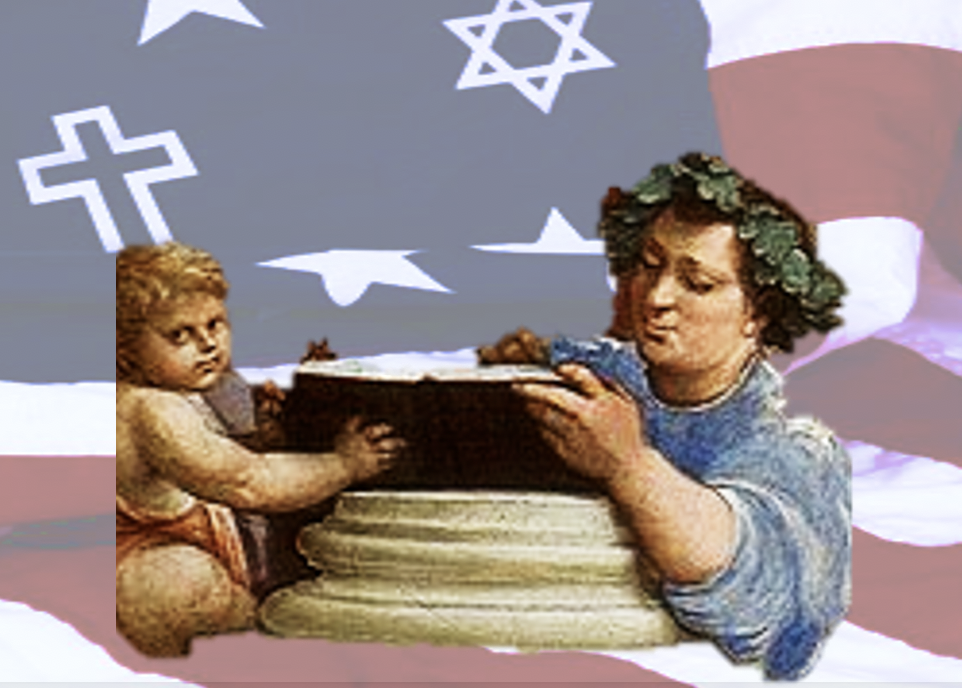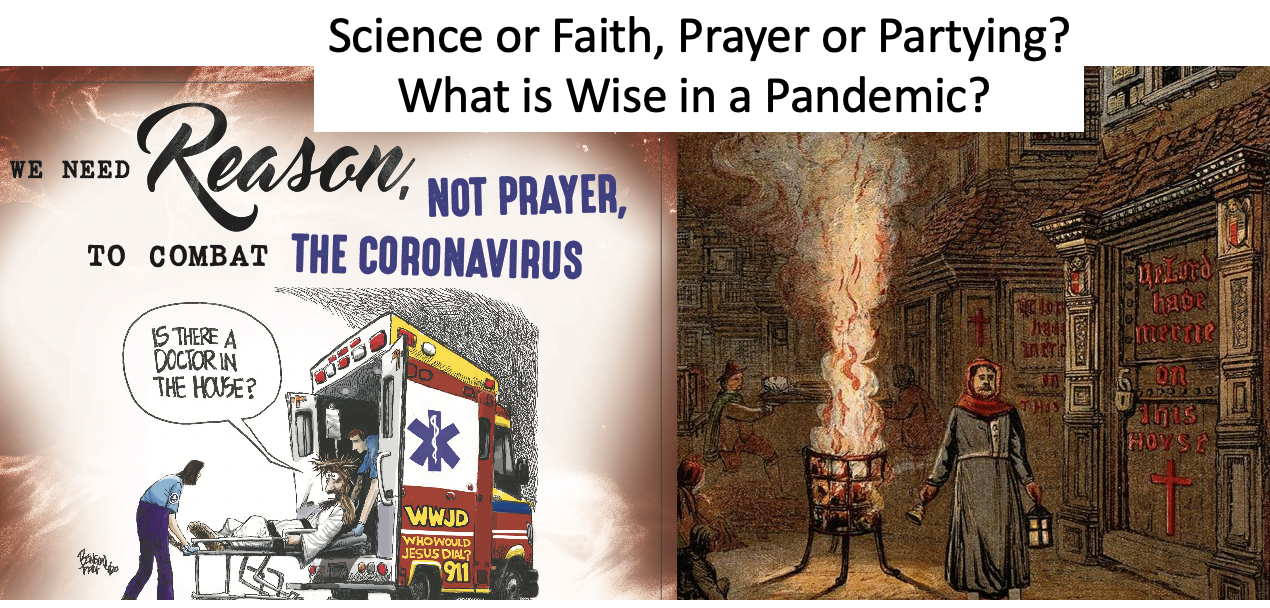Religious membership in the U.S. has dropped below 50% for the first time, according to a recent Gallup Poll. Some Americans continue to believe in the supernatural. A 2020 survey indicates that half of Americans believe in ghost and demons. But it is remarkable that today fewer than half of Americans belong to an organized religion.
This new data confirms other surveys indicating secularization. The Pew Center has documented the rapid growth of “the nones” (those who do not claim to belong to a specific religion) and the decline in church attendance.
Some pundits worry this indicates a cultural malfunction. Dennis Prager says, “When Judeo-Christian principles are abandoned, evil eventually ensues.” Shloto Byrnes says that the West is suffering from a “Godless delusion,” arguing that “to be human has meant to be religious throughout history.” And Shadi Hamid suggests that secularism fuels political extremism.
These hyperbolic concerns are misguided and misleading. Many societies have done quite well without Judeo-Christian values. It is not true that human beings have always been religious in the contemporary sense, or that we need to be. And rational humanism actually offers an antidote for extremism.
The Covid-19 crisis provides a great example. Prayer and miracles will not solve this crisis. Scientific medicine provides vaccines, prevention protocols, and treatments for infection. When people get sick these days, they go to the doctor instead of the shaman.
Scientific naturalism is ubiquitous. To predict the weather, we consult meteorologists instead of astrologists. Earthquakes and volcanoes don’t appear to us as the work of mercurial deities who need appeasing. Reason and humanism provide us with useful advice that improves health and happiness.
And despite what Byrnes says, humanism has a long history. It made a strong appearance 2,500 years ago in the philosophy of Epicurus. The Epicurean philosophy aimed to cure the anxiety caused by religious superstition. Epicurus offered thoroughly naturalistic explanations of earthquakes, lightning, and the like. The Epicureans taught that happiness was easily obtain by focusing on friendship and virtue in a world emptied of the supernatural.
The Epicurean philosophy was popular in the ancient world. But Stoic and Christian authors vilified Epicurean naturalism. Epicurus’s name was falsely associated with licentiousness and shameless hedonism. This caricature is unfair to a school that emphasized modesty, frugality, and friendship—and the deliberate avoidance of political extremism.
As a result of persecution, however, few of Epicurus’s original writings exist. We do know that Epicurus defended an early version of atomism based in a naturalistic view of the world. His views are remarkably modern.
Epicurus taught that the cosmos was made up of atoms moving in the void. He held out the possibility that in the infinite space and time of the universe, there were other worlds that resulted from the same natural processes that produced our world.
Epicurus said that the soul was merely a combination of certain kinds of atoms. When the body died, the soul dissipated. There was no life after death. If there were gods, they were not concerned about human life. Religious myths and superstitions caused anxiety by making us worry about the whims of the gods and life after death. In order to cure that anxiety, a better understanding of nature helps.
Epicureanism also provided an antidote to extremism. Religious zealots sometimes end up trying to silence the advocates of reasonable naturalism. They can also fall prey to outrageous conspiracy theories. But rather than engage these zealots in the streets, the Epicureans advised living unobtrusively. Political tumult results in unhappiness. The Epicureans tried to avoid that by retreating to private communities, where friendship, reason, and happiness could be cultivated.
It seems that now is a good time for an Epicurean renewal. Religion is waning. And while some zealots are succumbing to extremism, most of us are rediscovering the importance of science, reason, and restraint.
The Covid lockdown has also encouraged us to find happiness in simple things. While extremism and violence has erupted in the streets, we are re-learning the wisdom of living simply and with social distance. This is an Epicurean moment: a time to rediscover the wisdom of naturalism, a time to turn away from superstition, and a time to cultivate modesty, simplicity, and friendship.






